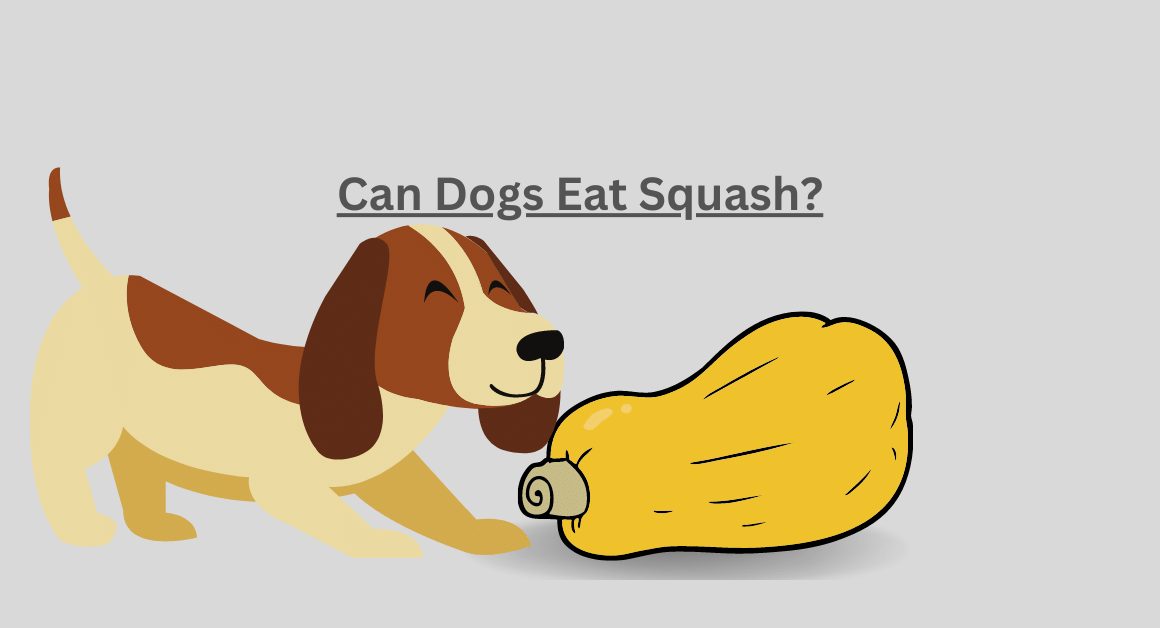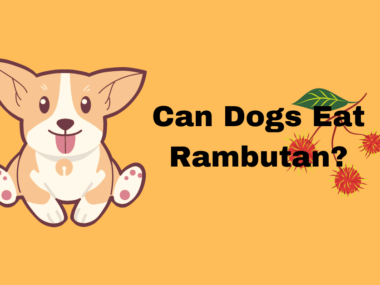If you’re a dog owner, you know hows extreme it is to provide your furry friend with a balanced and nutritious diet. You may have wondered whether your dog can enjoy some of the healthy foods you eat, such as squash. In this article, we’ll delve into the topic of whether dogs can eat squash and explore the potential uses and risks associated with it.
Table of Contents
Understanding Squash: A Versatile Vegetable
Squash is a colourful and versatile vegetable of various types, including butternut squash, acorn squash, and zucchini. It is known for its vibrant hues and delicious flavour. Before we dive into whether dogs can enjoy this vegetable, let’s take a moment to understand its nutritional composition and potential benefits for humans.
Squash is packed with essential vitamins and minerals, making it a valuable addition to a human’s diet. It is a great source of vitamins A and C, which helps a healthy immune system, and potassium and magnesium, which aid in maintaining proper bodily functions. Moreover, its high fibre content promotes digestion and helps with weight management.
READ NOW: Can Dogs Eat Cucumbers?
Can Dogs Safely Enjoy Squash?
Now, the big question is, can dogs eat squash? The answer is a resounding yes! When introduced properly, squash can be a safe and nutritious addition to your dog’s diet. However, as with any new food, there are a few considerations to remember.
Nutritional Value of Squash for Dogs
Squash benefits humans and provides some nutritional value for our four-legged friends. It contains the necessary vitamins and minerals for a dog’s overall health. For example, squash’s vitamins A and C are crucial for a dog’s immune system and help maintain healthy skin and coat.
Furthermore, squash’s high fibre content can aid your dog’s digestion. It can support regular bowel movements and prevent constipation. However, it’s important to note that dogs have different digestive systems than humans, so moderation is key when incorporating squash into their diet.
SEE ALSO: Can cats eat graham crackers?
Potential Benefits of Squash for Dogs
Feeding squash to your dog can offer several potential benefits. One notable advantage is weight management. Squash is low in calories and fibre, making it an excellent choice for dogs who need to shed a little amount or maintain a healthy weight.
Additionally, squash’s vitamins and minerals can contribute to the overall well-being of your furry companion. They can help improve their skin and coat health, leaving them shiny and lustrous. Furthermore, dogs with certain health conditions, such as arthritis or diabetes, may benefit from squash’s anti-inflammatory properties and low glycemic index.
Risks and Considerations
While squash can be a healthy addition to your dog’s diet, it’s essential to be aware of potential risks and considerations. Some dogs may be allergic to squash or have a sensitive stomach, so monitoring their reaction when introducing it is crucial. Start with small portions and gradually increase if your dog tolerates it well.
Moreover, it’s crucial to prepare squash appropriately for your dog. Avoid using seasonings, additives, or oils that might harm them. Steaming or baking squash is generally the best method for preparing it for dogs, as this helps retain its nutrients while making it easier to digest.
SEE: Can Dogs Eat Apples?
Safely Feeding Squash to Dogs
To ensure your dog can safely enjoy squash, follow these guidelines:
- Introduce squash slowly and in small portions to gauge your dog’s reaction.
- Remove the seeds and skin before serving squash to your dog.
- Cook squash thoroughly to aid digestion.
- Serve plain, without any added seasonings, oils, or spices.
- Monitor your dog for adverse reactions, such as gastrointestinal upset or allergic symptoms.
Other Vegetables for Dogs
If your dog enjoys squash, you might be curious about other vegetables they can eat. Fortunately, several vegetables can be safely incorporated into your dog’s diet. Carrots, green beans, and sweet potatoes are just a few examples of dog-friendly vegetables that offer nutritional prices and can be a tasty treat for your furry friend.
READ NOW: Can Dogs Eat Ginger?
In Conclusion
In conclusion, dogs can eat squash, giving them valuable nutrients and potential health benefits. However, it’s important to introduce squash gradually and in moderation, paying attention to your dog’s reaction. Always consult with your veterinarian before making any significant changes to your dog’s diet or if you have any concerns.
Remember, a balanced and varied diet, proper portion control, and regular exercise are crucial for maintaining your dog’s overall health and well-being. So share some delicious squash with your furry friend, knowing you’re providing them with a tasty and nutritious treat!
SEE ALSO: Can Dogs Eat Beets?




